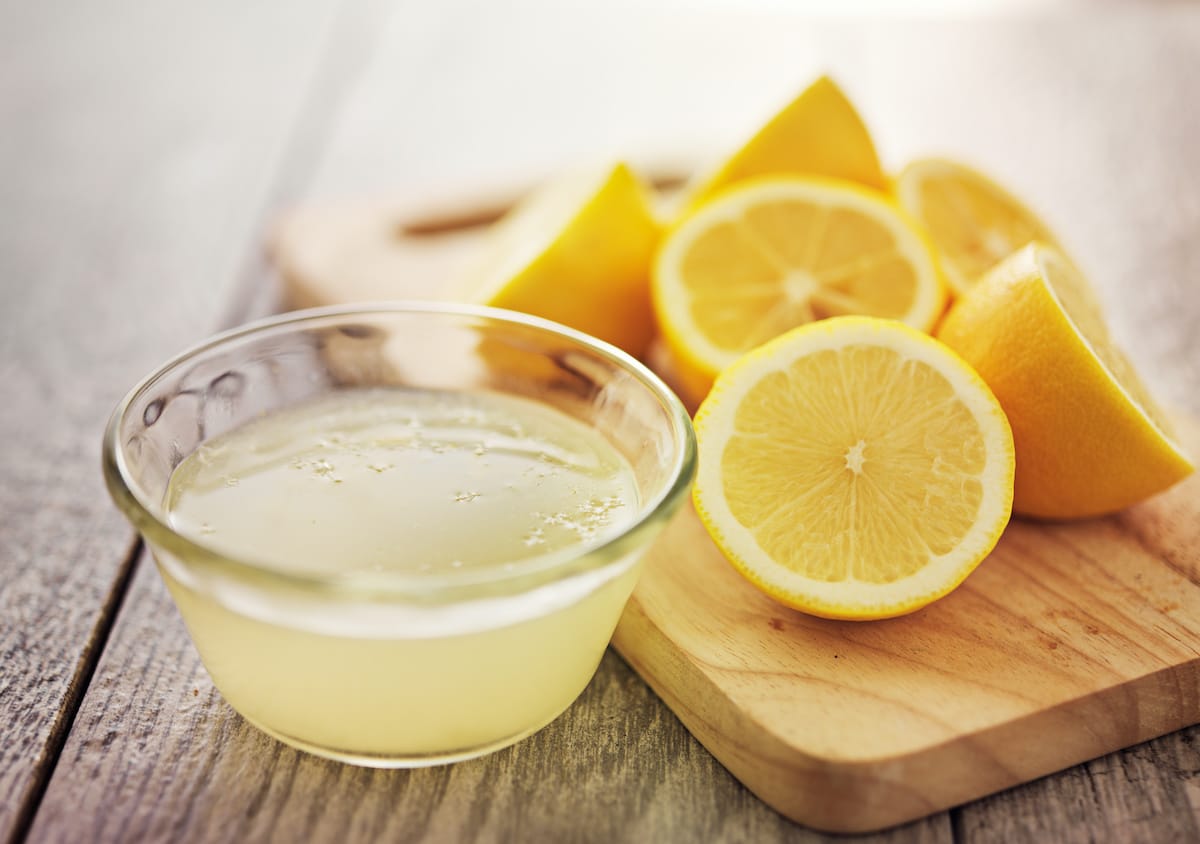
When life gives you lemons, you might use lemon extract to add a zesty twist to your dishes. But what if you’ve run out or can’t find any?
Fear not! This guide will explore nine fantastic substitutes that will still bring that bright, citrusy flavor to your recipes.
From the freshness of lemon juice and the aromatic punch of lemon zest to the surprising tang of white wine vinegar, these alternatives each have unique characteristics that suit various cooking needs.
Whether you’re whipping up a dessert or enhancing a marinade, there’s a substitute here for you.
Discover these clever swaps, and never let the absence of lemon extract sour your culinary adventures again.
Ready to dive into a world of flavorful possibilities? Let’s get started!
What are the Best Alternatives to Lemon Extract?
1. Lemon Juice

- Flavor Profile: Fresh and tangy with a bright, citrus flavor.
- Best Uses: Ideal for recipes where a liquid form of lemon flavor is needed, such as in dressings, marinades, or beverages.
- Substitution Tips: Use one tablespoon of lemon juice for every teaspoon of lemon extract. This will add extra liquid to the recipe, so adjust other liquid ingredients accordingly.
2. Lemon Zest
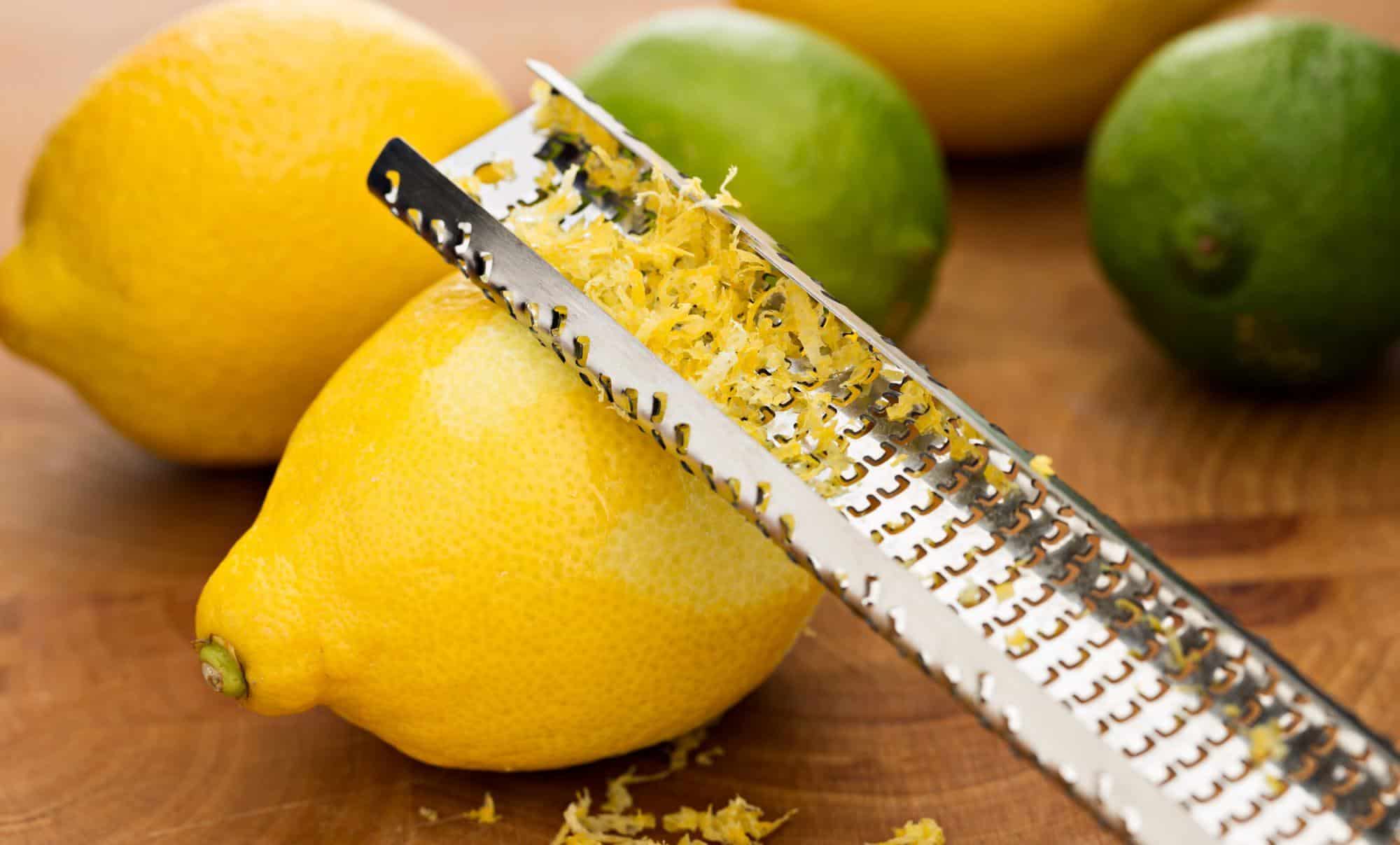
- Flavor Profile: Intense, aromatic lemon flavor with a slightly bitter edge from the citrus oils in the zest.
- Best Uses: It works well in baked goods, sauces, and dishes where a solid ingredient can be added, such as cookies or pasta dishes.
- Substitution Tips: Use one tablespoon of finely grated lemon zest to replace one teaspoon of lemon extract. Adjust the quantity based on how strong you want the lemon flavor.
3. Lemon Oil
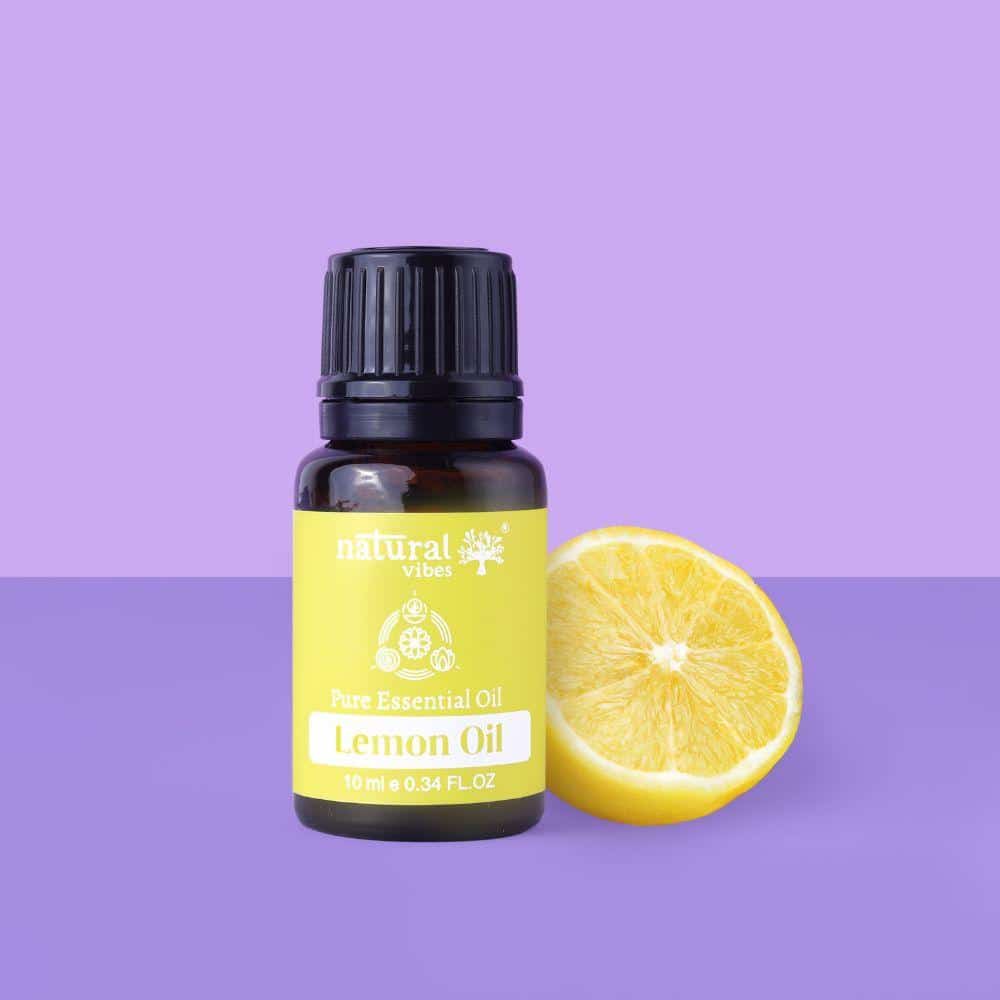
- Flavor Profile: Highly concentrated lemon flavor with a strong, zesty taste.
- Best Uses: It is suitable for recipes requiring a potent lemon flavor, such as candies, baked goods, or dressings.
- Substitution Tips: Use a few drops of lemon oil to replace a teaspoon of lemon extract. Be cautious with the amount, as lemon oil is very concentrated.
4. Lemon Flavoring
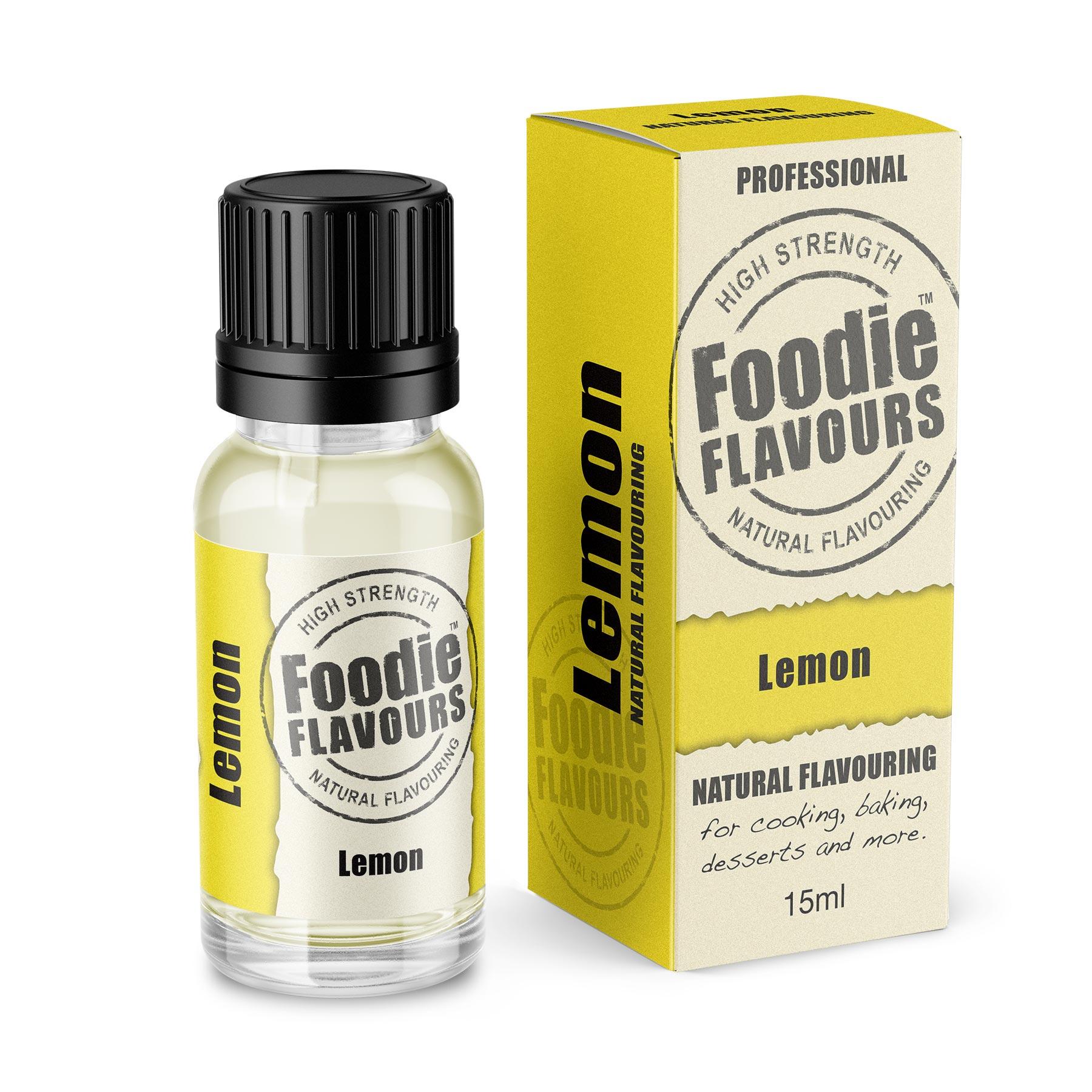
- Flavor Profile: A flavoring agent with a strong lemon taste, often artificial but similar to lemon extract.
- Best Uses: Can be used in recipes with specified lemon extract, including baked goods and confections.
- Substitution Tips: Use the same amount of lemon flavoring as lemon extract. Check the label for concentration to adjust if necessary.
5. Lime Juice
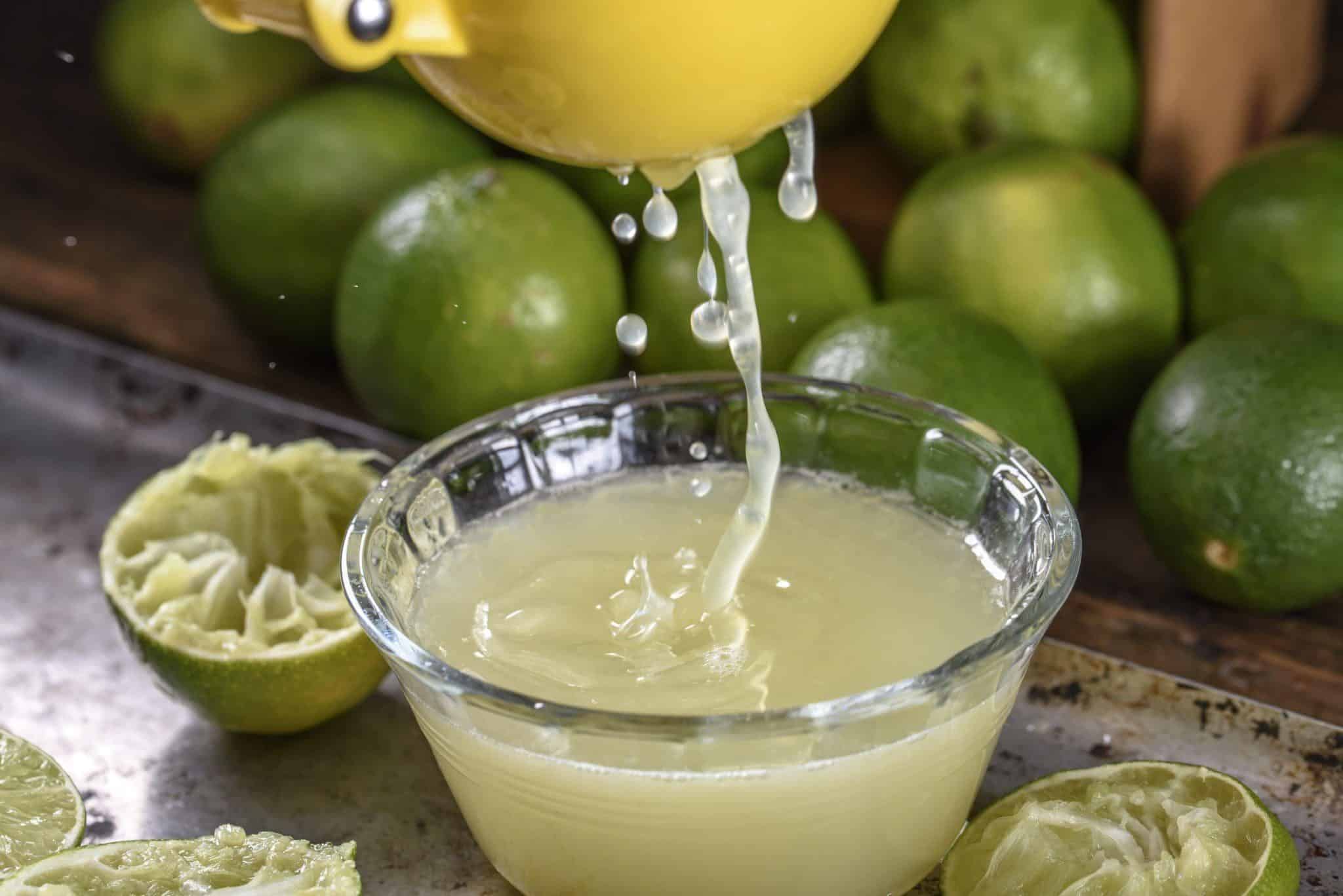
- Flavor Profile: Tangy and slightly less sweet than lemon juice, with a distinct lime flavor.
- Best Uses: It works well in recipes where a citrus flavor is needed but the specific lemon taste is not critical, such as marinades or cocktails.
- Substitution Tips: Use an equal amount of lime juice instead of lemon extract. This will introduce a lime flavor, which may differ from lemon’s.
6. Orange Extract
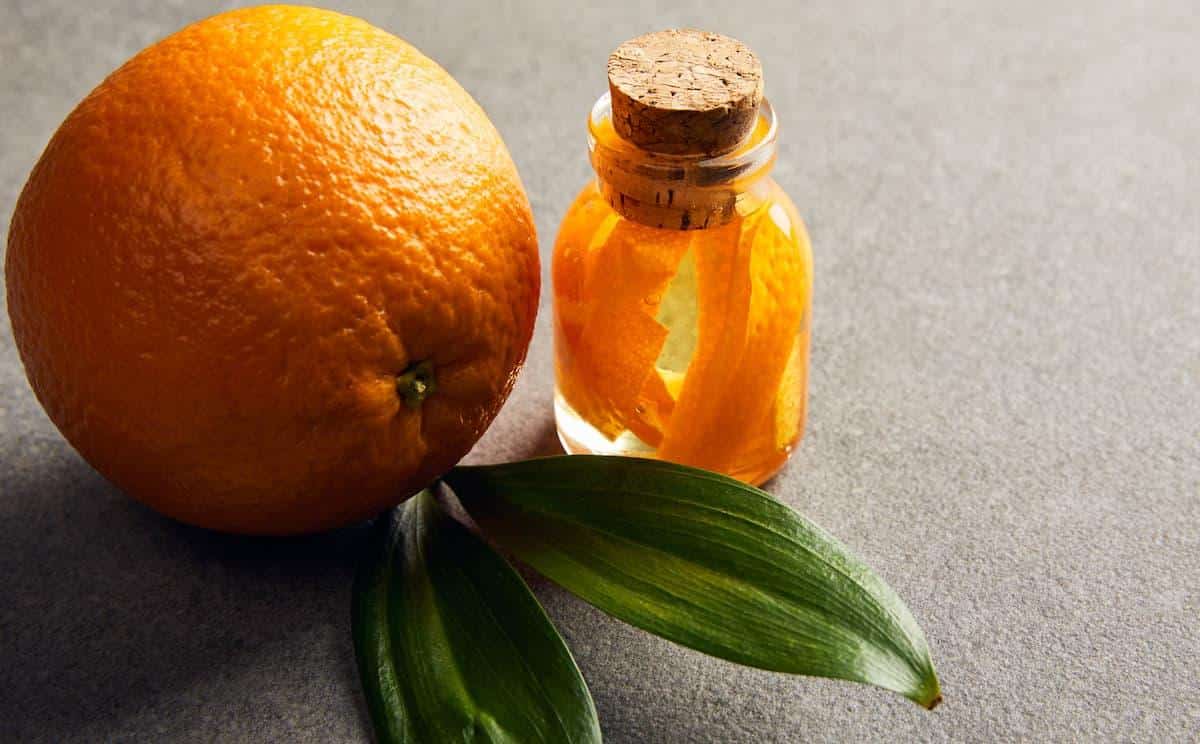
- Flavor Profile: Sweet and citrusy with a strong orange flavor.
- Best Uses: It is ideal for recipes where the citrus flavor can be swapped, such as baked goods or sauces.
- Substitution Tips: Use an equal amount of orange extract as lemon extract. This will change the flavor profile to orange instead of lemon.
7. Citric Acid
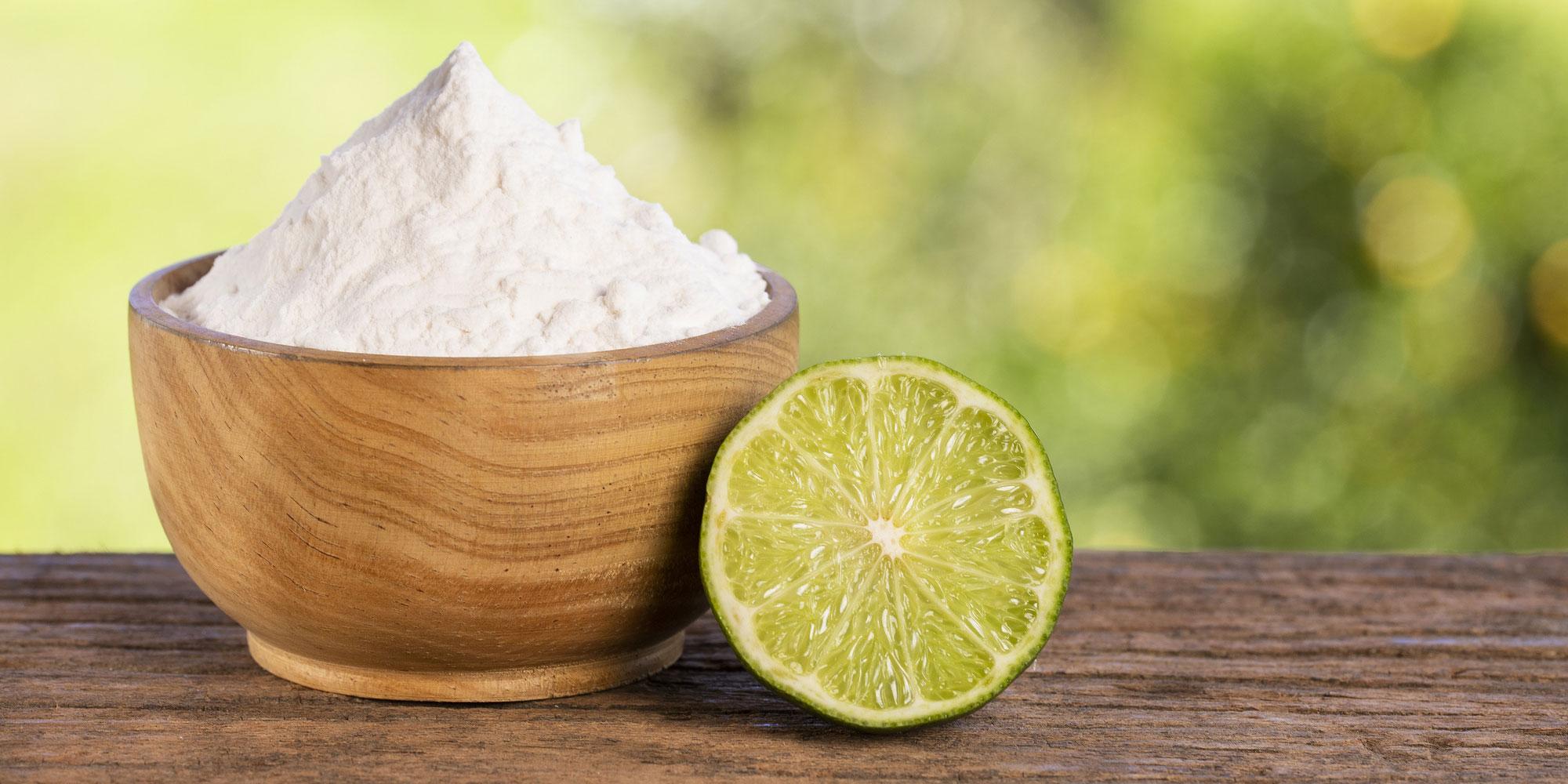
- Flavor Profile: Sour and tangy with a concentrated lemon-like acidity.
- Best Uses: Useful in recipes requiring acidity or tang, like in candies or as a preservative.
- Substitution Tips: Use a small amount, such as 1/4 teaspoon of citric acid, to replace one teaspoon of lemon extract. Adjust to taste as needed.
8. Lemonade Concentrate
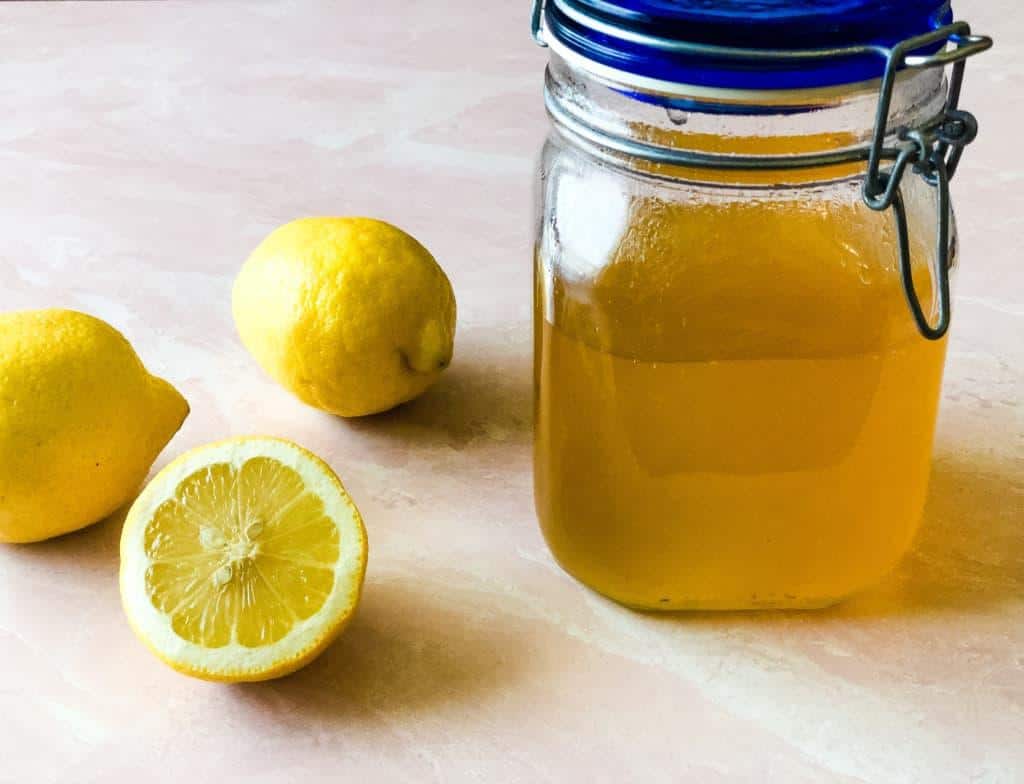
- Flavor Profile: Sweet and tangy with a lemon flavor from the concentrated lemonade.
- Best Uses: It is suitable for adding lemon flavor to beverages, glazes, or sauces where additional sweetness is acceptable.
- Substitution Tips: Use one tablespoon of lemonade concentrate to replace one teaspoon of lemon extract. Consider reducing other sweeteners in your recipe.
9. White Wine Vinegar
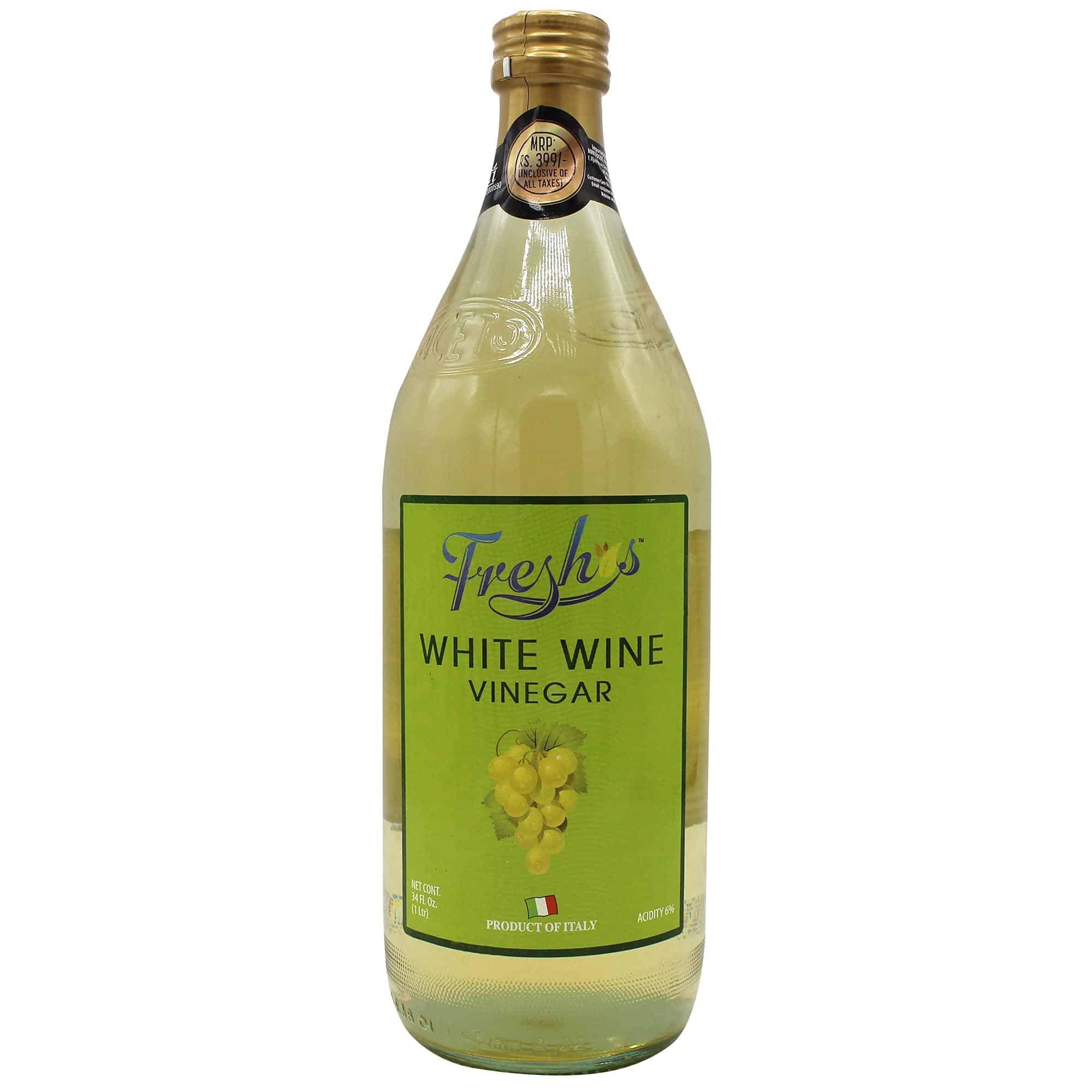
- Flavor Profile: Mildly tangy with a subtle acidic flavor, not as lemony, but still provides acidity.
- Best Uses: Works well in dressings, marinades, and recipes needing acidity without the lemon flavor.
- Substitution Tips: Use equal white wine vinegar as lemon extract. Adjust the recipe for added acidity if necessary.
Summing Up
We’ve explored a variety of substitutes for lemon extract, each bringing a twist to your dishes.
From lemon zest to white wine vinegar, these alternatives ensure you can always capture the essence of lemons in your cooking.
An interesting fact is that lemons have been a culinary staple since ancient times, valued for their flavor and presumed health benefits.
Whether adjusting a recipe or experimenting with new flavors, these substitutes offer versatility and a burst of citrus that can brighten any meal.
So give them a try and keep your kitchen creative and flavorful!

